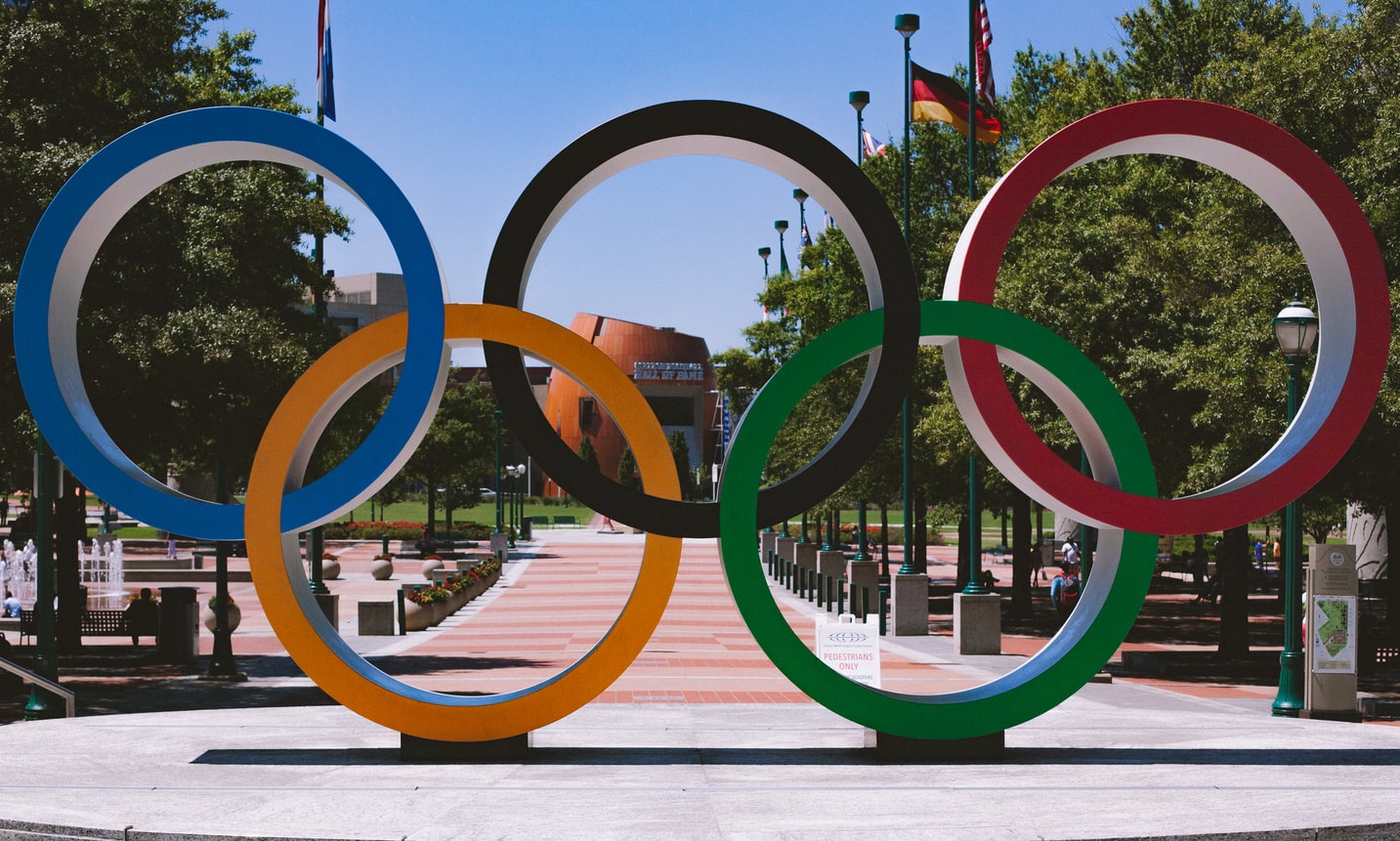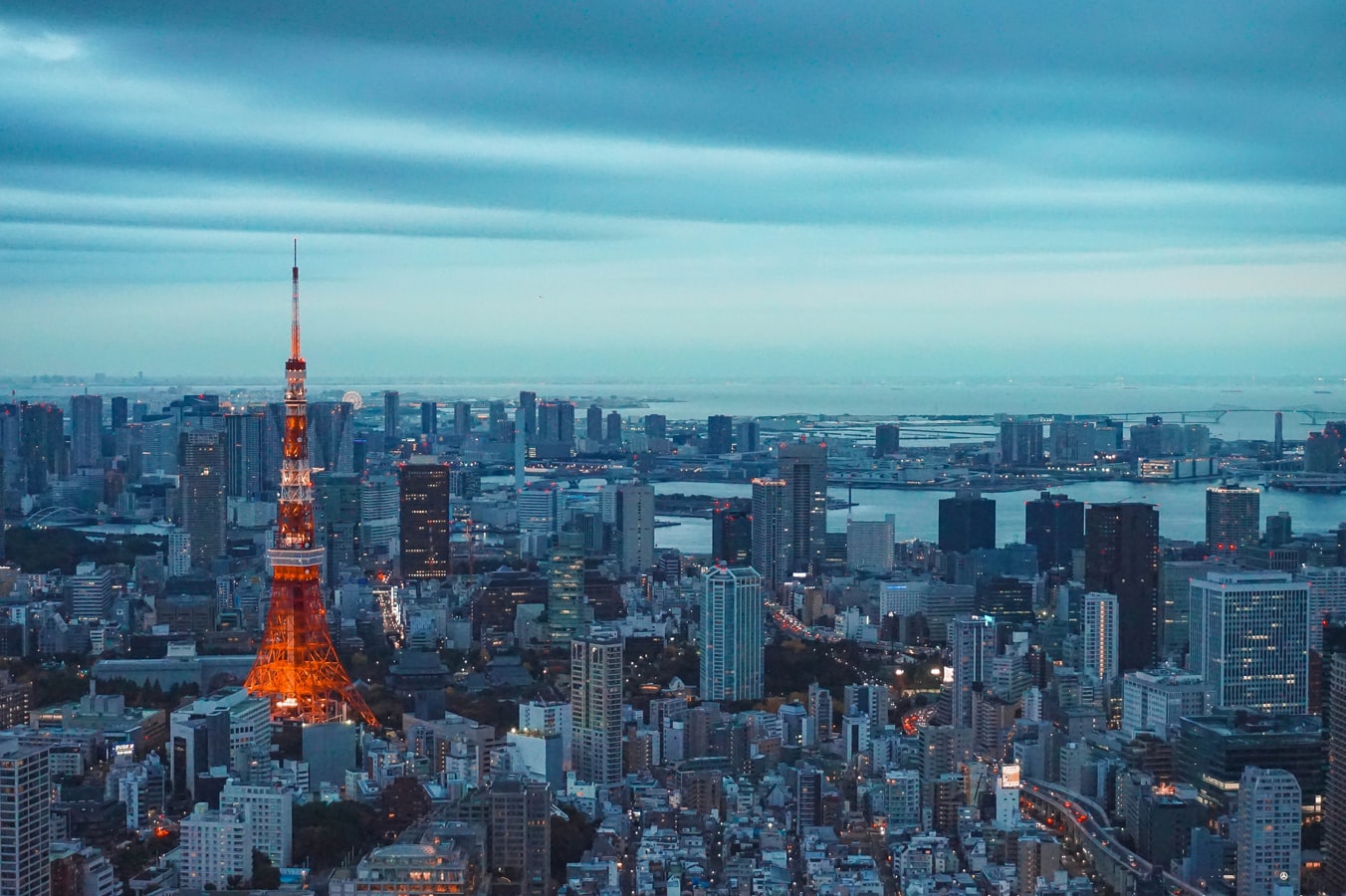 It’s already been called “the most expensive” summer Olympic Games on record, and, because of COVID-19 precautions, not a single athlete has even competed. Organizers are frantically trying to come up with options that will stem the financial bleeding while also putting on a great show that honors the athletes as well as the spirit of the Olympic Games, while also providing the profitable entertainment IOC planners and their media and hospitality partners are accustomed to. So far, the announced plan revisions include changes to what sports media is calling “fringe” areas of the Games, emphasizing that the IOC is not cutting any athletes or competitive events from the Games… yet. Nor are they planning to make any cuts to the biggest view draws, the opening and closing ceremonies, or the torch relay, a prime sponsorship draw. Where cuts are being made seem to include “quantity” of items rather than entire line items. For example, fewer banners will be flown, stakeholders will be given fewer tickets, and fewer buses will carry people from site-to-site. At this point, the IOC and other event organizers seem to be doing their best to produce an event that appears largely unchanged to the viewing audience. It is not an easy task when the amount of money that needs to be cut from the budget is significant. According to media reports, the problem is that most of the bigger ticket items have already been purchased, including the massive national stadium and the elaborate swim complex, two venues that will get a significant amount of screen time.
It’s already been called “the most expensive” summer Olympic Games on record, and, because of COVID-19 precautions, not a single athlete has even competed. Organizers are frantically trying to come up with options that will stem the financial bleeding while also putting on a great show that honors the athletes as well as the spirit of the Olympic Games, while also providing the profitable entertainment IOC planners and their media and hospitality partners are accustomed to. So far, the announced plan revisions include changes to what sports media is calling “fringe” areas of the Games, emphasizing that the IOC is not cutting any athletes or competitive events from the Games… yet. Nor are they planning to make any cuts to the biggest view draws, the opening and closing ceremonies, or the torch relay, a prime sponsorship draw. Where cuts are being made seem to include “quantity” of items rather than entire line items. For example, fewer banners will be flown, stakeholders will be given fewer tickets, and fewer buses will carry people from site-to-site. At this point, the IOC and other event organizers seem to be doing their best to produce an event that appears largely unchanged to the viewing audience. It is not an easy task when the amount of money that needs to be cut from the budget is significant. According to media reports, the problem is that most of the bigger ticket items have already been purchased, including the massive national stadium and the elaborate swim complex, two venues that will get a significant amount of screen time.  Speaking to the media, IOC executive director for the Summer Olympic Games, Christophe Dubi, said, “We have many measures, and sometimes they look small… But when you take them all together, it will represent a large result in terms of both simplifications and hopefully some significant savings…” If savings are being filed in the “hopeful” box, organizers need to be looking at new and innovative ways to bring more money into the coffers. That could include attracting larger audiences and more attention to the Games. A tough challenge, given the already huge popularity of the Olympics. But, more eyes on the events means more sponsorship money. This is, again, an uphill battle. A flagging economy already caused some sponsors to back out of their deals… leading to a shortfall that will have to be made up somehow. Just saying there’s not much to cut won’t get them there. They need to figure out better ways to get more people paying attention. This is accomplished through access, content, and good stories. Fortunately, good stories are something the Olympics tends to have plenty of… The question, now, is how planners will package those stories for their audience.
Speaking to the media, IOC executive director for the Summer Olympic Games, Christophe Dubi, said, “We have many measures, and sometimes they look small… But when you take them all together, it will represent a large result in terms of both simplifications and hopefully some significant savings…” If savings are being filed in the “hopeful” box, organizers need to be looking at new and innovative ways to bring more money into the coffers. That could include attracting larger audiences and more attention to the Games. A tough challenge, given the already huge popularity of the Olympics. But, more eyes on the events means more sponsorship money. This is, again, an uphill battle. A flagging economy already caused some sponsors to back out of their deals… leading to a shortfall that will have to be made up somehow. Just saying there’s not much to cut won’t get them there. They need to figure out better ways to get more people paying attention. This is accomplished through access, content, and good stories. Fortunately, good stories are something the Olympics tends to have plenty of… The question, now, is how planners will package those stories for their audience.
Ronn Torossian is the CEO and Founder of 5W Public Relations
Discover more from Ronn Torossian
Ronn Torossian’s Professional Profile on Muck Rack
GuideStar Profile for Ronn Torossian Foundation
Ronn Torossian’s Articles on Entrepreneur
Ronn Torossian’s Blog Posts on Times of Israel
Ronn Torossian on SoundCloud




